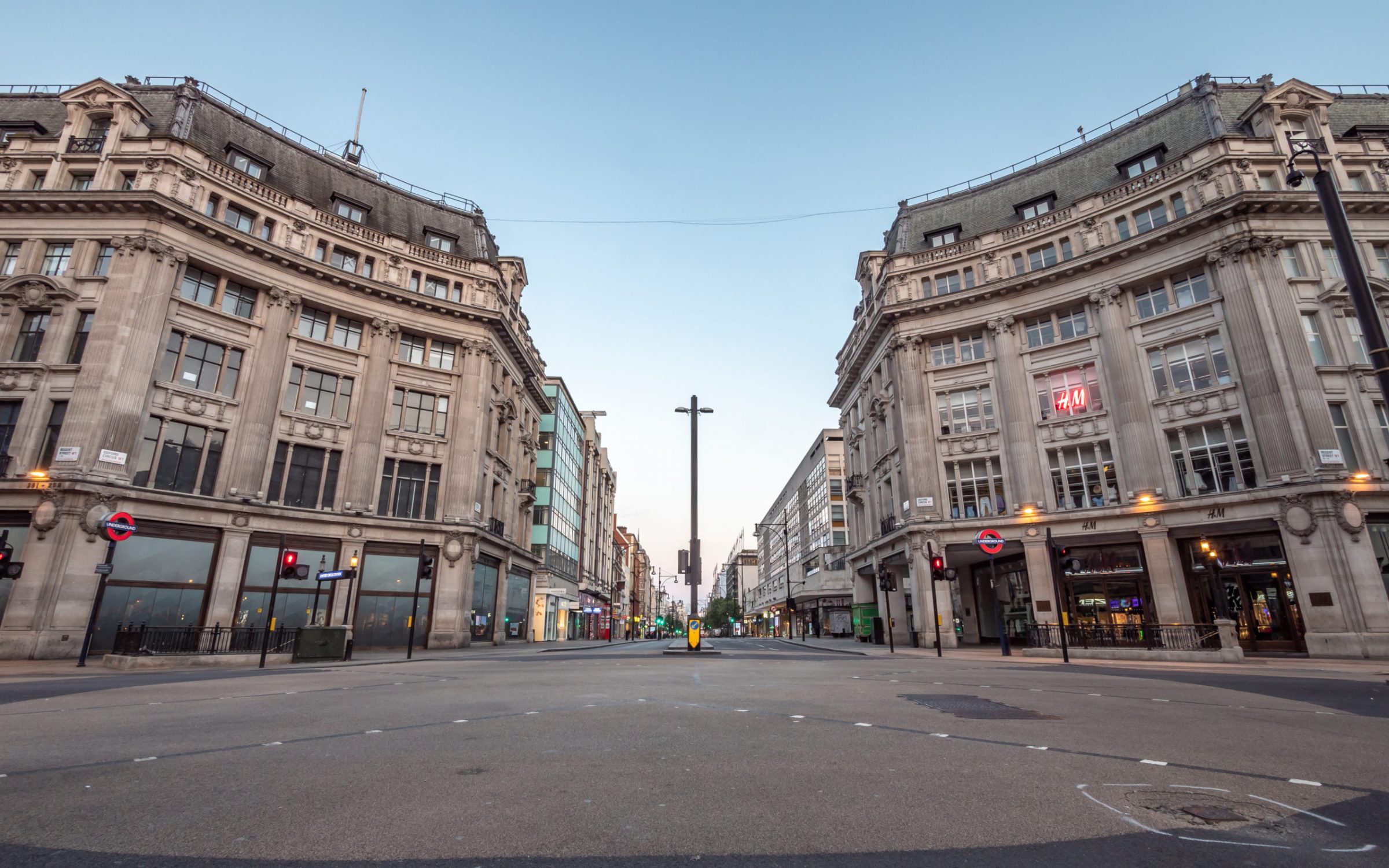You can usually get a sense of how strong an argument is from the amount and tenor of the abuse it provokes on social media. The idea that the UK’s response to the COVID-19 outbreak has been disproportionate has been met with an eruption of hate and vitriol in the Twittersphere. I was singed for offering mild skepticism, but for the most strident, high profile critics of the government’s strategy (Lord Sumption, Peter Hitchens, Toby Young) it has been the full-on flame-thrower treatment.
Which begs a question – why?
The generous answer is that people are scared, for themselves and their loved ones, and less open than usual to unorthodox viewpoints that, on the surface, may appear unhelpful or even dangerous. A less charitable interpretation is that those doling out the foam-flecked denunciations harbour secret doubts of their own about the true gravity of the situation, and the wisdom of shutting down our economy and locking ourselves in our homes for months on end.
Could it be that the heretics have touched a nerve?
The UK government, after an initial flirtation with a less drastic Swedish-style response, changed track on being presented with evidence from Imperial College London that estimated a herd immunity strategy could result in hundreds of thousands of deaths. Not surprisingly perhaps, faced with the kind of stark choice that usually only appears in Hollywood disaster movies, this appears to have spooked (a key word) the government.
Downing Street then committed to an increasingly severe lockdown strategy aimed at suppressing the virus before it could take hold in the general population.
There were two big problems with this: first some allege the Imperial College analysis was based on incomplete, perhaps even unhelpful data. Though we had figures for how many people were dying with COVID-19, we simply didn’t know how many people had died of COVID-19, a crucial distinction.
A person’s cause of death is not always a simple matter to determine, especially if that person is very old. It is possible to pass away with several different conditions of which COVID-19 could be just one. To record that definitively as a COVID-19 death, as appears to be happening, can, as retired NHS pathologist Dr John Lee pointed out in The Spectator, produce dangerously misleading data.
Citing this evidential difficulty, eminent professors such as Sucharit Bhakdi (Guttenberg Institute, Mainz) and John Ioannidis (Stanford, California) have questioned the assumed lethality of the virus and concluded it is far less dangerous than the Imperial group believed. They suggest that the response of most European governments could be seriously misguided.
In addition, the Oxford group led by Sunetra Gupta have estimated that many in the UK population could have already had the virus, and are likely to be immune, thus rendering the whole lockdown strategy largely pointless.
Sucharit Bhakdhi in a moving interview with German television summed up the mood of the dissenters by calling the measures taken “grotesque, absurd, and very dangerous”, initiated on nothing more than a “spook”.
Secondly, the lockdown strategy, even if it could be defended on a precautionary basis, appears to pay scant regard to the broad long-term damage it will leave in its wake, including, potentially, a greater loss of life. In terms of hard cash, if we wreck our economy, we simply won’t be able to afford the costly medical treatments that currently prolong life. Already some operations are being cancelled in Scotland in expectation of a COVID-19 onslaught that has failed to occur; and such operations may simply be unaffordable in a bankrupt post lockdown UK.
Less money means a poorer citizenry, meaning poorer diet, less access to healthy activities such as health clubs and holidays, and more depression and mental illness.
Then there are the social and health consequences of prolonged isolation. As Susan Pinker outlined in a powerful Ted Talk, the two most important factors in longevity, according to large-scale studies conducted by Brigham Young University, are close relationships and social integration. Reduce the influence of these factors to nearly zero, for months on end, and it will inevitably foreshorten the lives of the healthy old, and even not so old.
The Japanese have a word for this – kodokushi (lonely deaths). Kodokushi victims are found in their apartments, sometimes weeks after they expired. They are usually men, and they are often many years short of the average life expectancy. They have typically experienced desperately sad codas to their lives, characterised by an often-total lack of contact with other people. Gradually losing the motivation to go, they effectively die of sadness.
The issue came to national prominence in 2000 when the corpse was found of a man who had died alone 3 years previously. He was 69.
We can have one set of experts, whose record on previous public health crises has been questioned, recommending a course of action on the basis of very possibly flawed data, without sufficient regard for the extremely serious long-term consequences.
Other scientists of at least equal, if not greater, eminence have robustly challenged their conclusions. On what looks no more solid a basis than that it was received first, the Imperial College recommendations are adopted, and all subsequent analysis seemingly disregarded.
Having committed fully to a certain viewpoint, and then to be confronted with the possibility that you may be wrong is a disturbing experience – especially for politicians. It takes a certain amount of moral courage to admit to error, and the natural reaction of many is to ignore the new information, or even abuse those advocating it.
A few people will listen carefully, reflect, and, like John Maynard Keynes, when confronted with new information, change their conclusions, and modify their course of action accordingly.
Whoever ultimately turns out to be right about COVID-19, it is surely to be hoped that there are some such people in the present government.




